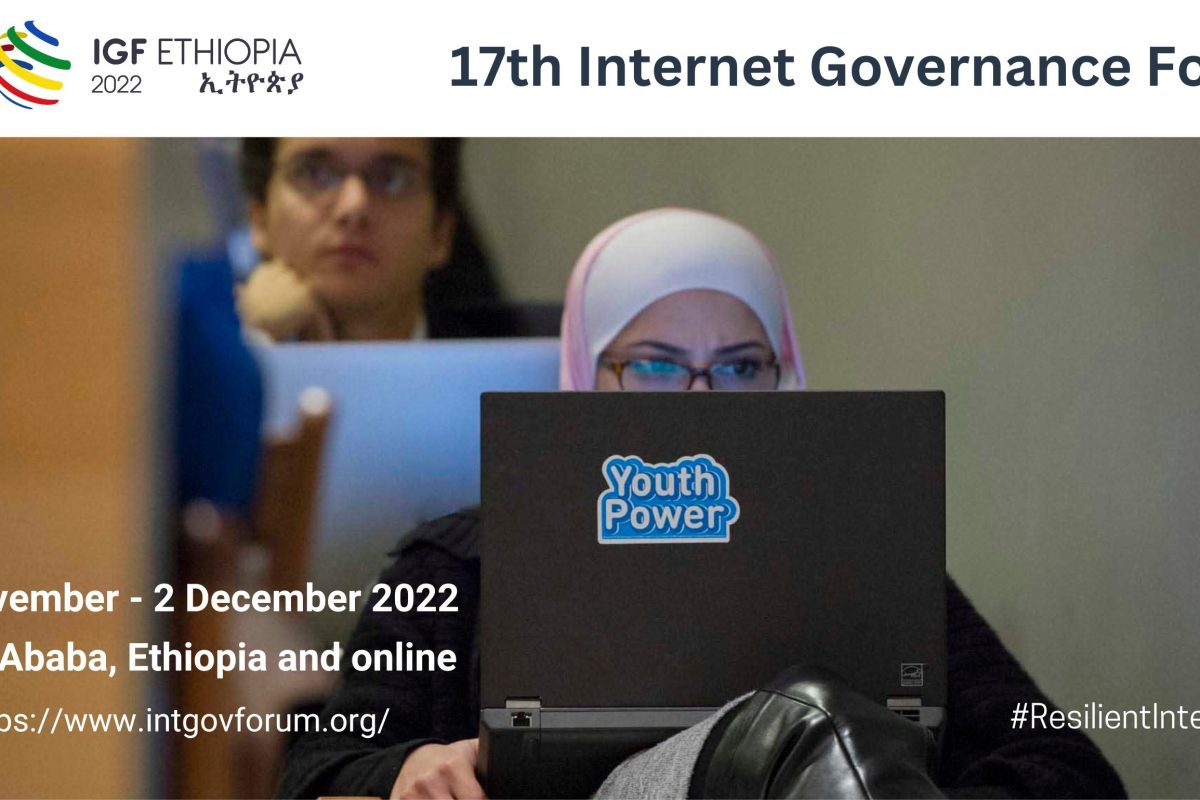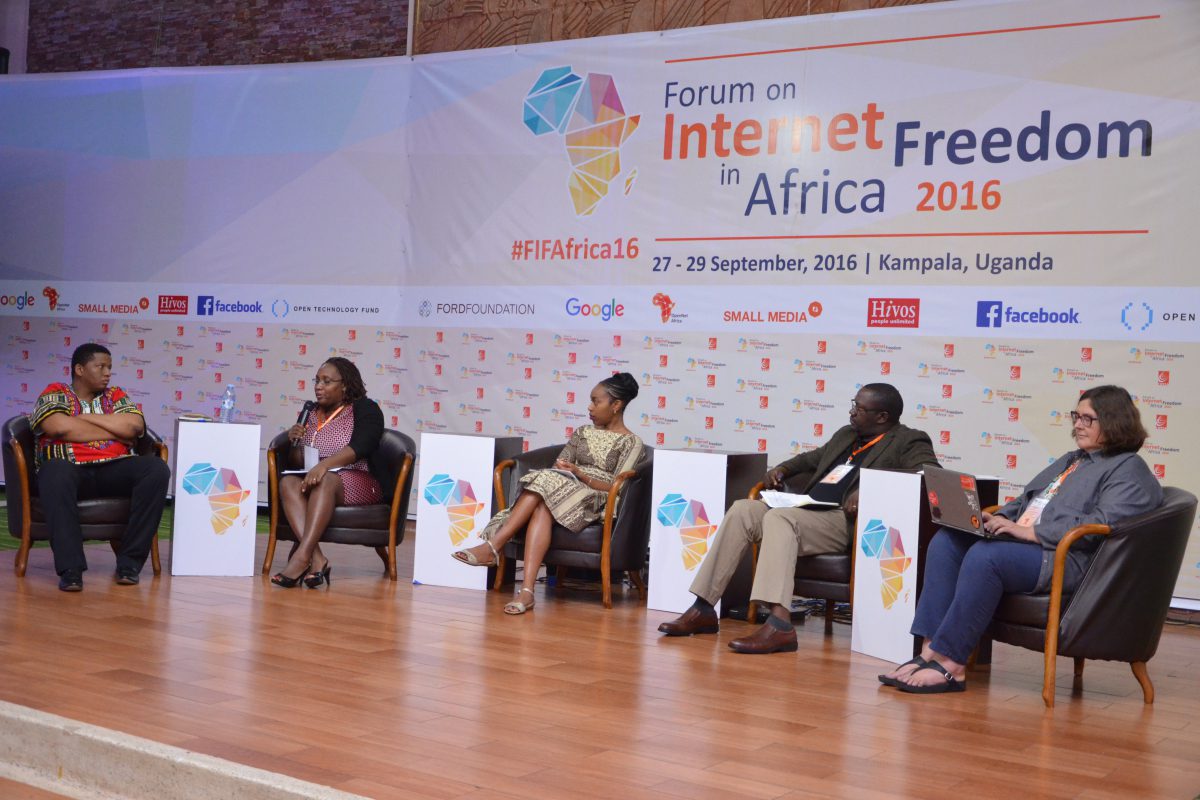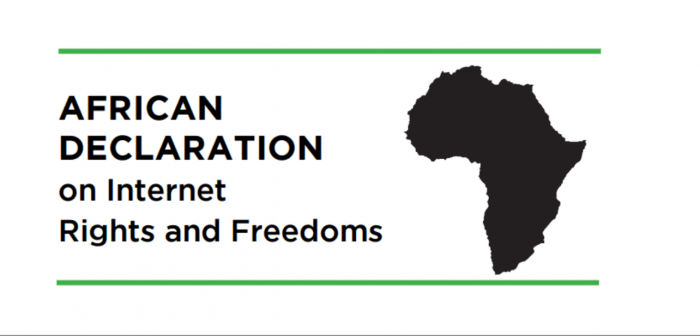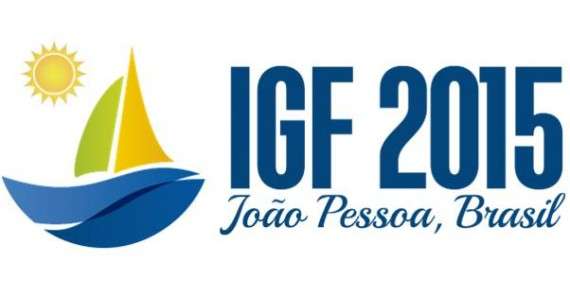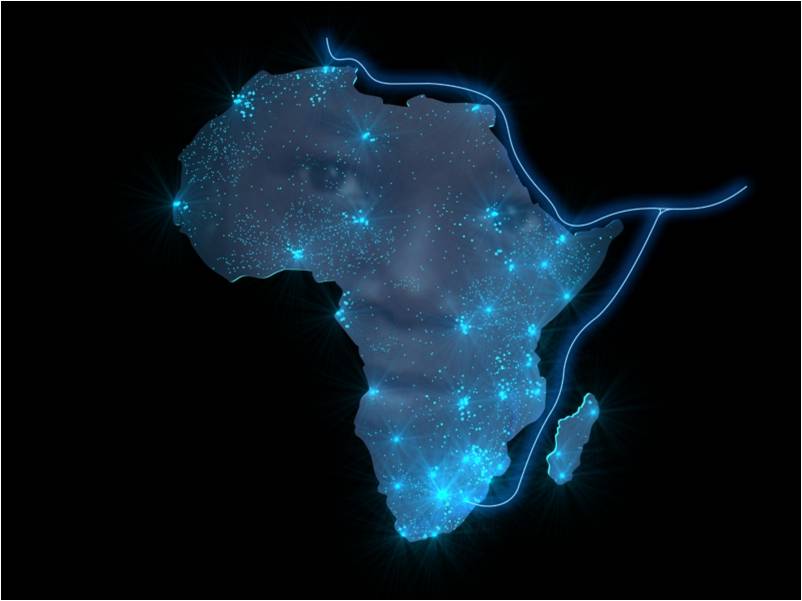By CIPESA Writer |
The global internet governance community is set to convene in Addis Ababa, Ethiopia, for the 17th Internet Governance Forum (IGF) from November 28-December 2, 2022. Ethiopia is hosting the IGF 2022 against a backdrop of internet freedom reforms, a recently liberalised telecommunications sector and an ongoing conflict that has seen the Tigray region without internet access for two years.
The IGF 2022 theme of Resilient Internet for a Shared Sustainable and Common Future, and the five sub-themes which are drawn from the Global Digital Compact (GDC) in the UN Secretary-General’s Our Common Agenda report, resonate with the work of the Collaboration on International ICT Policy for East and Southern Africa (CIPESA).
- Connecting All People and Safeguarding Human Rights
- Avoiding Internet Fragmentation
- Governing Data and Protecting Privacy
- Enabling Safety, Security and Accountability
- Addressing Advanced Technologies, including Artificial Intelligence (AI)
CIPESA will co-convene and participate in various sessions at the IGF 2022 to showcase its work that supports the ambitions of the GDC.
A joint effort by DefendDefenders, Greenhost, Digital Society of Africa, Dig/Sec Initiative, Digital Security Alliance, AccessNow, CChub, Center for Digital Resilience, and CIPESA will run an onsite digital security hub to build the digital resilience of at-risk groups and organisations.
At a session titled “Jointly tackling disinformation and promoting human rights” facilitated by the AU-EU Digital for Development (D4D) Hub, CIPESA will contribute in an open exchange of ideas, experiences and lessons learned on how to address disinformation through a multi-stakeholder and human-centric approach.
Furthermore, CIPESA is among the organisers of the Dynamic Coalition roundtable on Strengthening digital ecosystems through shared principles and the Day 0 event on Shaping global digital governance and measuring meaningful connectivity for all: the ROAM approach, both of which are in support of ongoing efforts by CIPESA and UNESCO to raise awareness about and application of the Internet Universality Indicators across more countries in Africa.
The CIPESA team will also feature on a panel discussion on technology and human rights as part of the Peer Learning Event for National Human Rights Institutions (NHRIs) hosted by Danish Institute for Human Rights.
Further, CIPESA will participate at the Africa member convening of the Association for Progressive Communications (APC) and at a Digital ID Civil Society Summit hosted by the Open Society Foundations, under the auspices of an external digital ID fund and initiative (DIDIF), housed at Rockefeller Philanthropic Advisors.
Follow @cipesaug and #InternetFreedomAfrica

